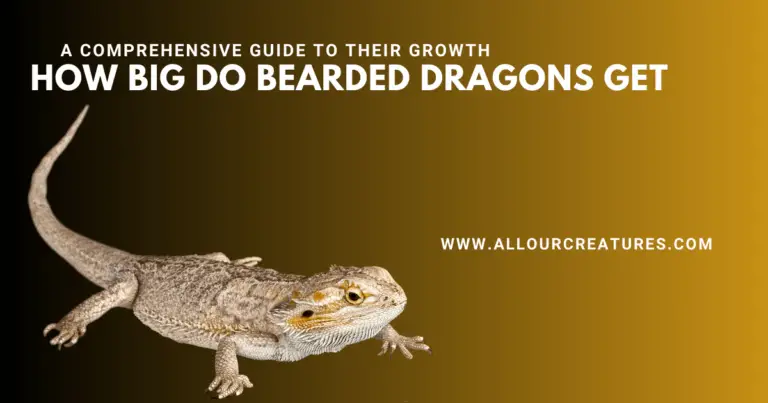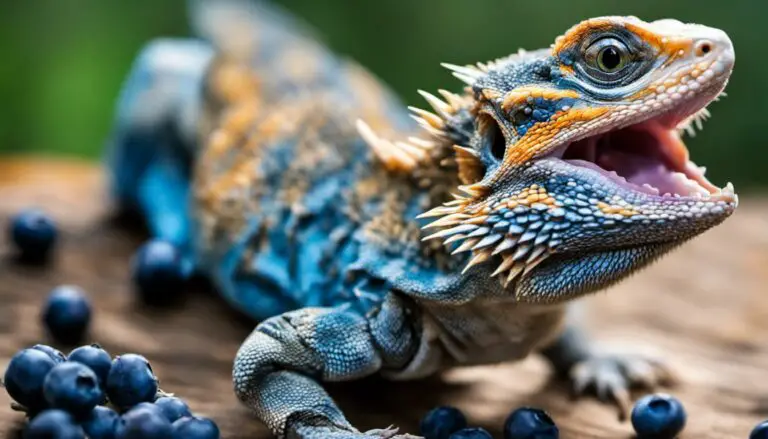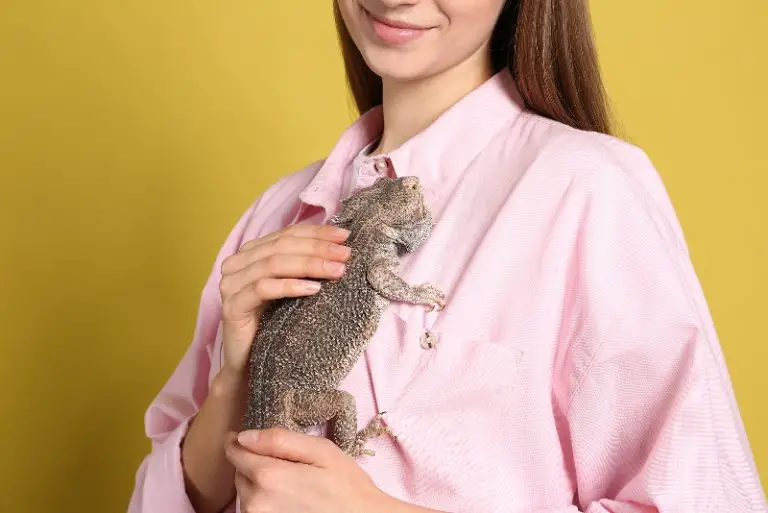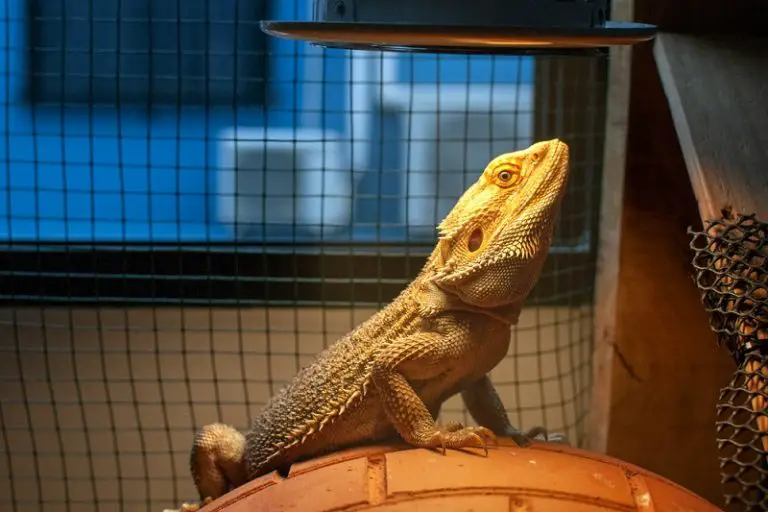Can Bearded Dragons Eat Spinach? Benefits, Risks & More
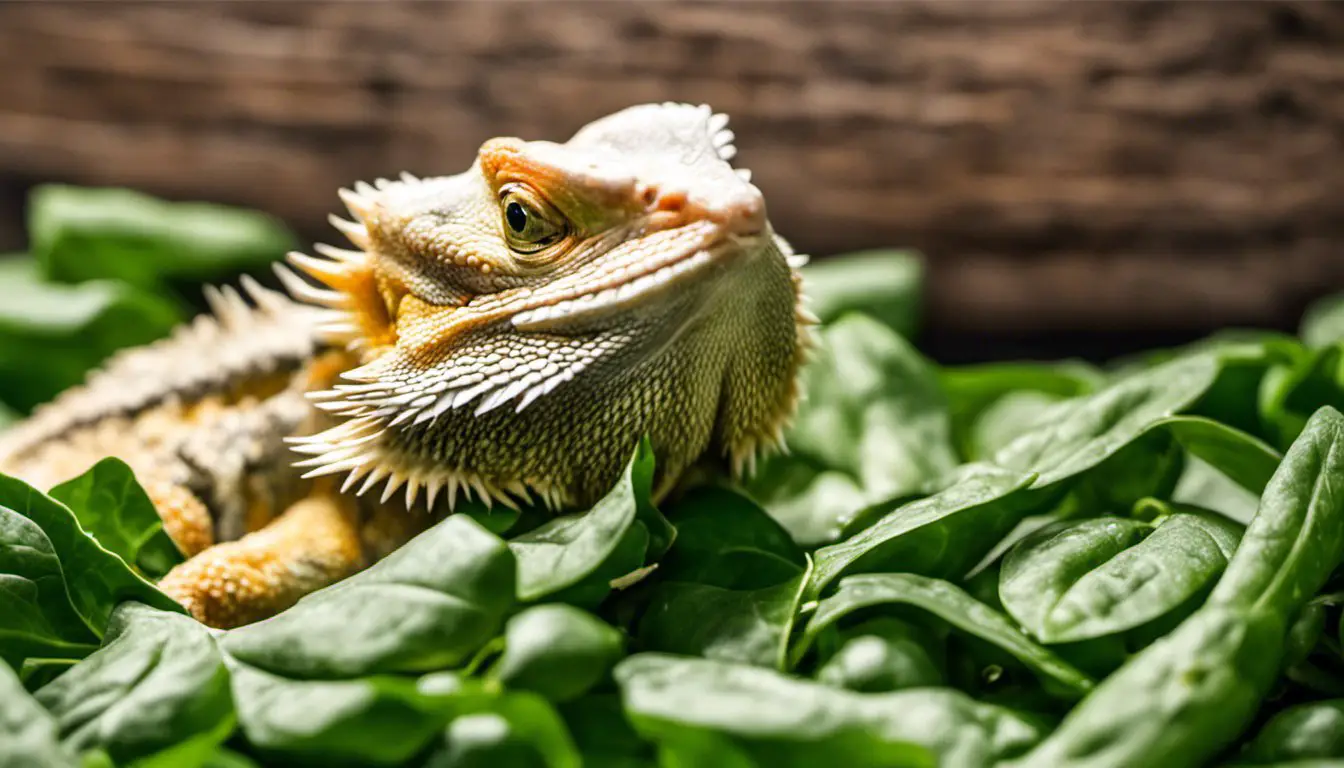
Spinach, a leafy green packed with nutrients, is often debated among bearded dragon owners. Can bearded dragons eat spinach? Can these reptiles safely consume this vegetable? How often should it be included in their diet?
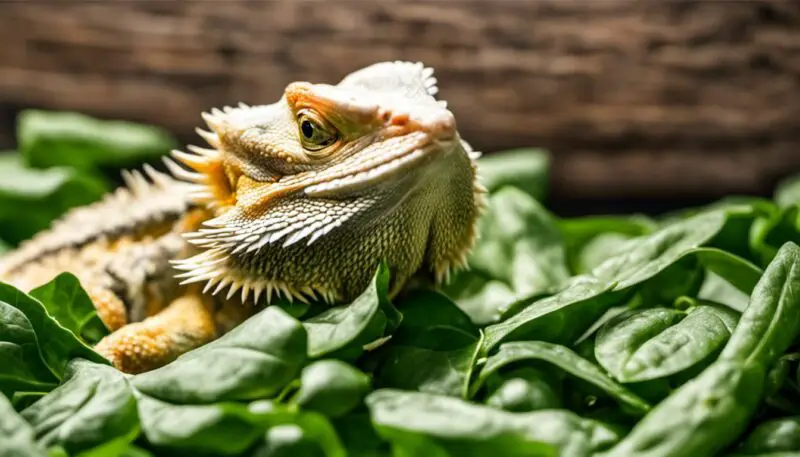
This blog post will dive into the nutritional benefits and potential risks of feeding spinach to bearded dragons, discuss their dietary needs, and explore alternative options for a well-rounded diet. Get ready to become a spinach-savvy bearded dragon caretaker!
Contents
Table of Contents
Short Summary
Bearded dragons can eat spinach in moderation, as it provides essential vitamins and minerals.
Excessive consumption of spinach should be avoided due to its high oxalate content, which can lead to calcium deficiency and metabolic bone disease.
It is important for bearded dragon owners to understand their age-related dietary needs to provide a balanced diet with the correct ratio of calcium and phosphorus for proper growth, health & longevity.
Can Bearded Dragons Safely Consume Spinach?
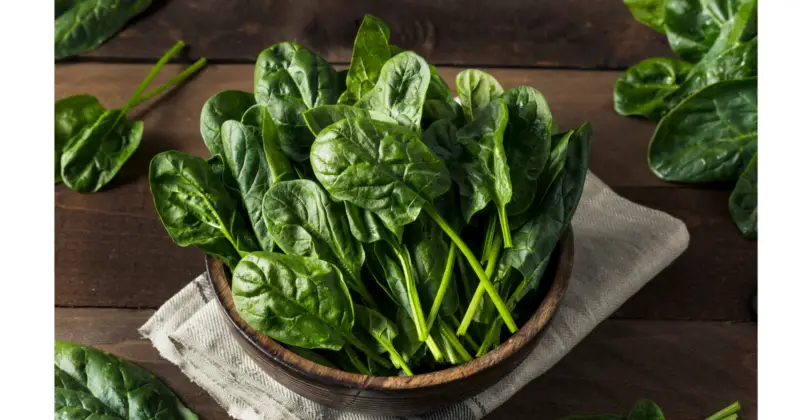
The short answer is yes, bearded dragons can consume spinach, but moderation is key. Spinach offers valuable nutrients for your scaly companion but also contains a high level of oxalates that can interfere with calcium absorption, leading to potential health issues. So, can a bearded dragon eat spinach? Yes, but be sure to keep it in moderation.
As a bearded dragon owner, it’s essential to balance the nutritional benefits of spinach and the potential risks associated with its high oxalate content. Let’s look closer at what spinach offers and the precautions you should take when feeding it to your bearded dragon.
Nutritional Benefits of Spinach
Spinach is a nutrient-rich food that can provide bearded dragons with essential vitamins, minerals, and a favorable calcium-to-phosphorus ratio. Specifically, spinach contains vitamins A, C, K, and B6 and minerals like iron, magnesium, and calcium.
However, the high oxalate content of spinach poses risks for bearded dragons. Oxalates can bind to calcium, impairing its absorption and potentially leading to health issues. Nevertheless, when fed sparingly, spinach can still contribute valuable nutrients to your bearded dragon’s diet.
Risks Associated with Spinach Consumption
Feeding spinach to your bearded dragon carries some potential risks. The high oxalate content of spinach can bind to calcium, inhibiting its absorption and increasing the risk of calcium deficiency and metabolic bone disease.
To minimize these risks, it’s crucial to feed spinach sparingly to your bearded dragon, approximately once a month. By offering spinach in moderation, you can provide your pet with essential nutrients without compromising their health.
Understanding Bearded Dragon Dietary Needs
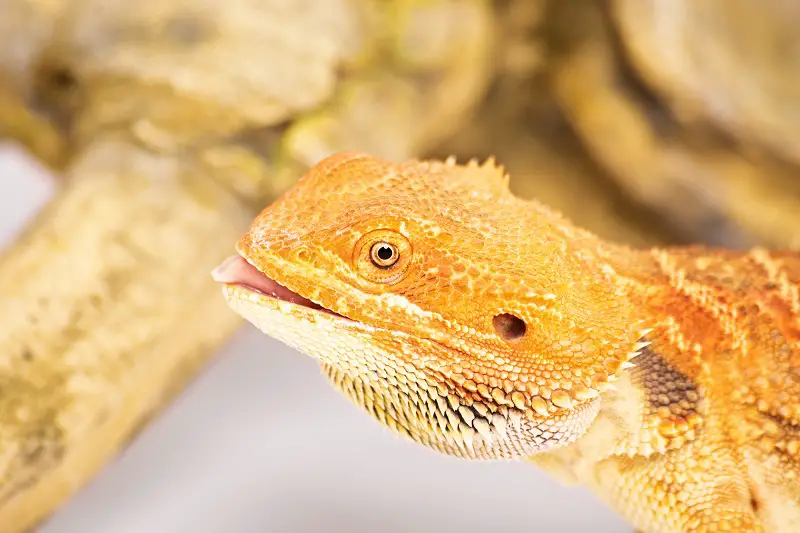
A balanced diet for bearded dragons is crucial for their growth, health, and longevity. Their dietary needs change as they age, shifting from a protein-heavy diet to a more plant-based one. Bearded dragon owners should know these changes to ensure proper nutrition when feeding bearded dragons.
Let’s explore the importance of a balanced diet and the age-related changes in bearded dragons’ dietary needs.
Importance of a Balanced Diet
A balanced diet ensures proper growth, health, and longevity for bearded dragons. To achieve this balance, their diet should ideally comprise a combination of insects, fruits, and vegetables, with the ideal calcium-to-phosphorus ratio being in the range of 1.5 to 2:1.
For a bearded dragon’s diet, approximately 80-90% of the plant-based portion should be made up of vegetables. It’s important to avoid feeding them excessive amounts of vegetables, as this can lead to digestive issues and calcium deficiency.
Age-Related Dietary Changes
As bearded dragons age, their dietary needs change. For juvenile dragons, the ratio of insects to greens should be higher, while as they grow, the ratio should be reversed, with fewer insects and more greens. Adult bearded dragons should have a predominantly plant-based diet, with a ratio of up to 70/30.
Understanding age-related dietary changes helps ensure your bearded dragon receives the appropriate balance of nutrients throughout its life. Providing the right mix of plant-based foods and insects will support their growth, health, and longevity.
How Often Should Bearded Dragons Eat Spinach?
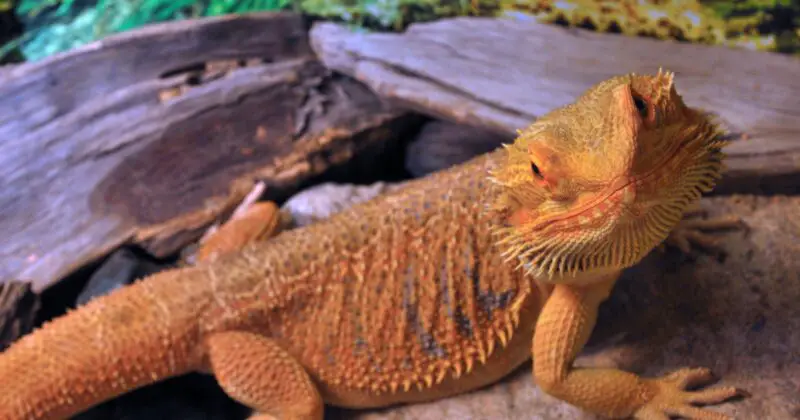
To ensure a balanced diet and minimize potential risks, it is recommended to feed spinach to bearded dragons occasionally, approximately once every 2-3 months, as part of a balanced salad. This frequency allows your bearded dragon to benefit from spinach’s nutrients without overloading their system with oxalates.
Oxalates are naturally occurring compounds found in many vegetables, including spinach. They can be.
Preparing Spinach for Your Bearded Dragon
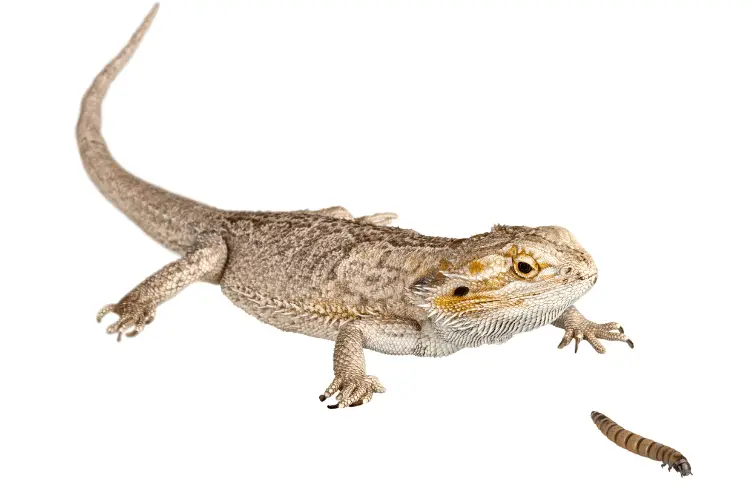
When preparing bearded dragon spinach for your pet, follow these steps:
Wash the spinach thoroughly to remove any dirt or debris.
Cut the spinach into small pieces to make it easier for your bearded dragon to consume.
Serve the spinach in a bowl that is easily accessible.
By preparing spinach properly, you can ensure that your bearded dragon enjoys a clean, safe, and nutritious meal.
Alternatives to Spinach for Bearded Dragons
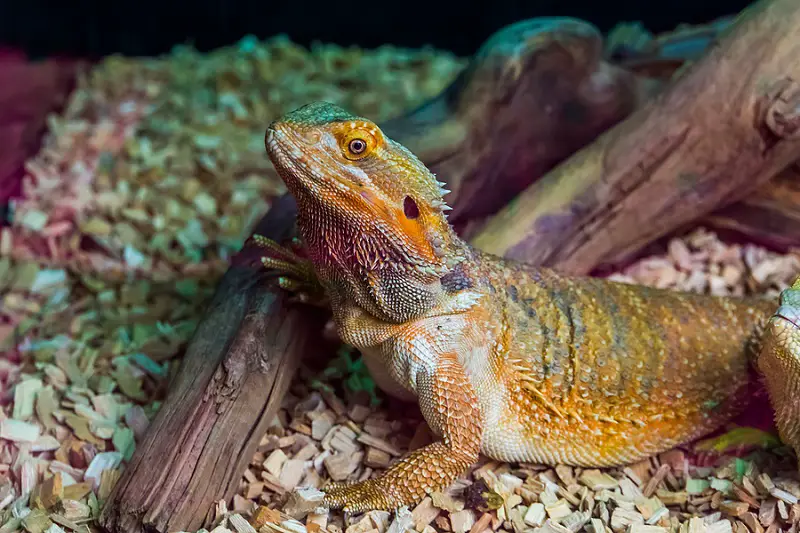
If you’re looking for nutritious alternatives to spinach for your bearded dragon, there are several options available, including:
Collard greens
Dandelion greens
Mustard greens
Kale
These leafy greens offer different nutritional benefits, making them excellent additions to your bearded dragon’s diet.
Collard Greens
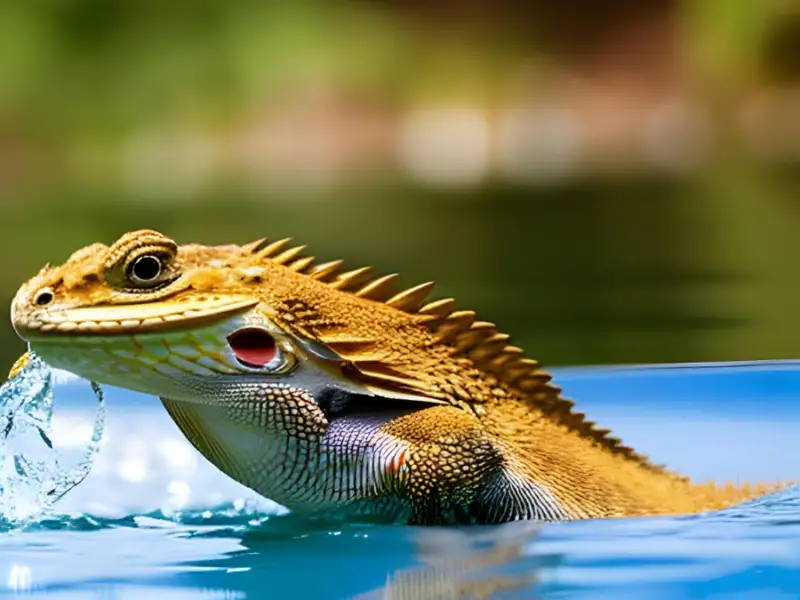
Collard greens are a nutrient-rich option for bearded dragons, offering a high calcium-phosphorus ratio, essential vitamins such as A, C, and K, and calcium and iron. However, feeding collard greens in moderation is important, as excessive consumption may lead to digestive issues.
By offering collard greens and bell peppers as part of a balanced diet, you can provide your bearded dragon with the essential nutrients they need for optimal health.
Dandelion Greens
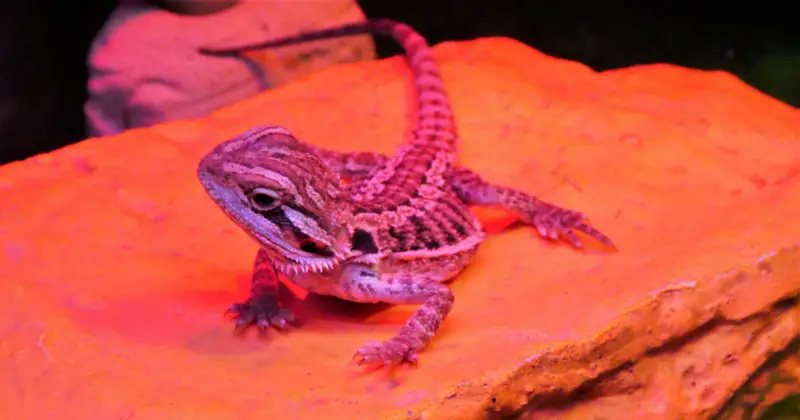
Dandelion greens provide bearded dragons with calcium and vitamin A, making them a nutritious alternative to spinach. However, due to their oxalate content, serving dandelion greens with low-oxalic acid foods, such as collard greens is recommended.
By incorporating dandelion greens into your bearded dragon’s diet in moderation, you can ensure they receive essential nutrients without increasing their oxalate intake.
Mustard Greens
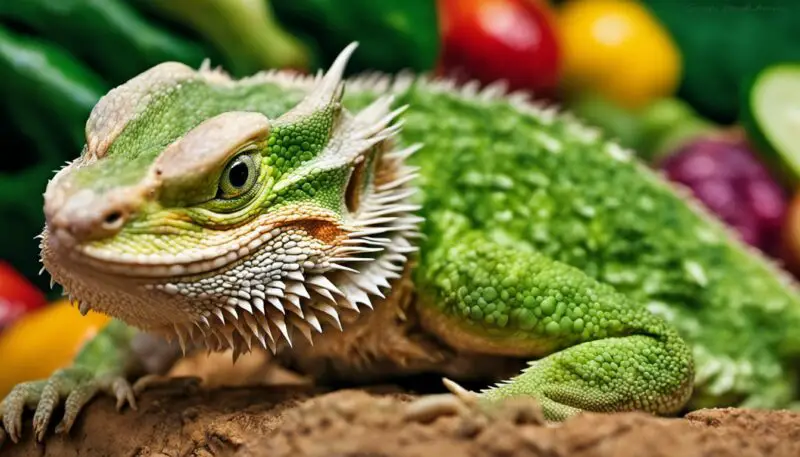
Mustard greens are another good source of calcium and vitamins for bearded dragons. However, like spinach, mustard greens contain oxalates and should be fed in moderation to prevent calcium deficiency, which may require a calcium supplement.
By offering mustard greens as part of a balanced diet, you can provide your bearded dragon with essential nutrients while minimizing the risks associated with oxalate consumption.
Kale
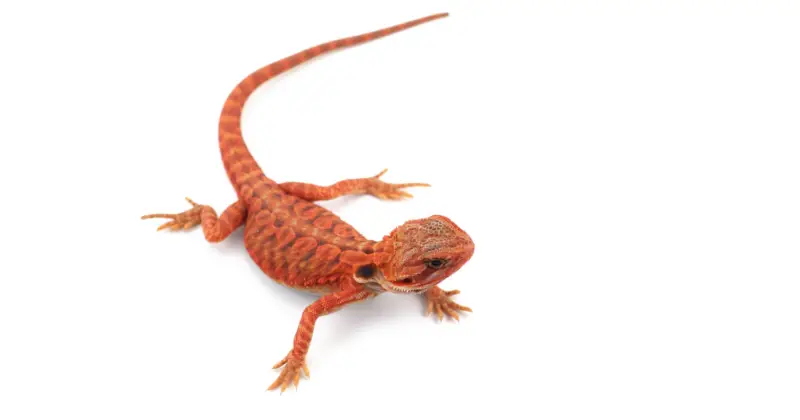
Kale can be fed to bearded dragons occasionally, but excessive consumption may cause thyroid issues due to its goitrogen content. Despite this risk, kale is rich in vitamins A, C, and K and contains calcium and iron.
By feeding kale to your bearded dragon in moderation, you can provide them with valuable nutrients without overloading their system with goitrogens.
Can Bearded Dragons Eat Spinach? Watch this
Common Questions About Bearded Dragons and Spinach
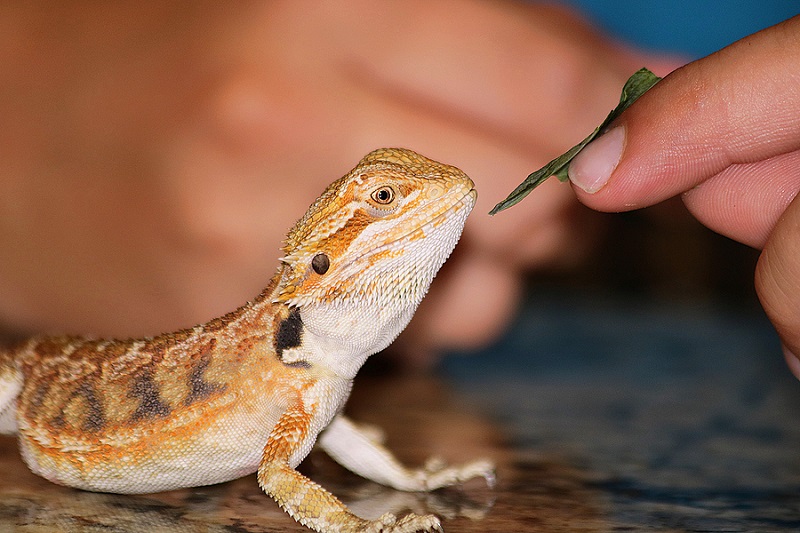
As a bearded dragon owner, you may have questions about feeding spinach to your pet. Some common questions include whether they can eat baby spinach if cooked spinach is safe, and if spinach can cause metabolic bone disease.
Let’s explore the answers to these questions.
Can Bearded Dragons Eat Baby Spinach?
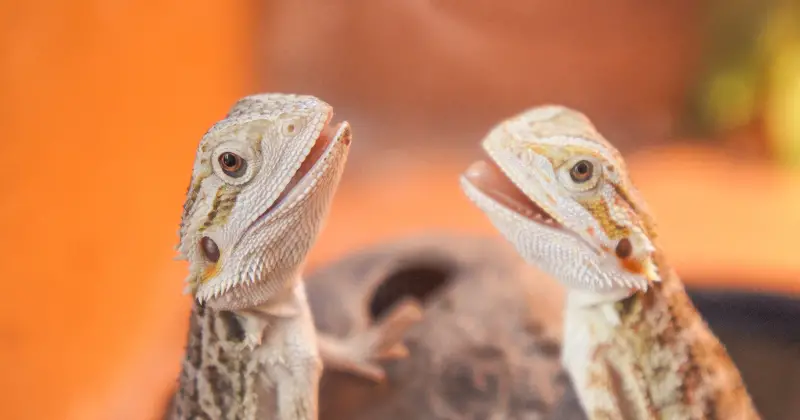
Bearded dragons can eat baby spinach in small amounts, but it should still be fed in moderation due to its oxalate content. By offering baby spinach sparingly, you can provide your bearded dragon with essential nutrients without increasing its risk of calcium deficiency or other health issues.
Is Cooked Spinach Safe for Bearded Dragons?
While cooked spinach is not harmful to bearded dragons, it is not recommended for feeding as it loses some of its nutritional value during cooking. Instead, opt for raw spinach or one of the alternatives mentioned earlier in this blog post to ensure your bearded dragon receives the optimal nutrients they need.
Kale, collard, mustard, turnip, and beet greens are excellent alternatives. Try including them in your diet to get a nutritious boost.
Will Spinach Cause Metabolic Bone Disease in Bearded Dragons?
While spinach alone won’t cause metabolic bone disease in bearded dragons, excessive consumption can contribute to calcium deficiency and increase the risk of developing the condition. By feeding spinach in moderation and balancing it with other calcium-rich foods, you can support your bearded dragon’s health and prevent metabolic bone disease.
A balanced diet is essential for bearded dragons, and spinach should be fed in moderation. Make a Difference.
Summary: Can Bearded Dragons Eat Spinach
In conclusion, bearded dragons can consume spinach but should be fed moderately due to its high oxalate content. A balanced diet with various leafy greens and vegetables, like collard greens, dandelion greens, mustard greens, and kale, is essential for your bearded dragon’s growth, health, and longevity.
You can ensure your bearded dragon thrives by understanding the benefits and risks of feeding spinach and providing a well-rounded diet.
Frequently Asked Questions
How much spinach can a bearded dragon eat?
It’s safe to give your bearded dragon spinach on rare occasions (a few leaves every couple of months), as long as it is in moderation. Feeding spinach should not be done regularly and can be excluded from their diet altogether.
Is spinach good for my bearded dragon?
Spinach is a nutritious option for your bearded dragon, but it should be given only occasionally as part of a balanced diet.
What does a bearded dragon need to eat daily?
Bearded dragons need a balanced diet of insects, fruits, and veggies. For juveniles, this typically means 80% insects and 20% plants; for adults, 80% plants and 20% insects are fed thrice daily. In quantities that they will consume within 10-15 minutes.
What is the best thing to feed my bearded dragon?
The best thing to feed your bearded dragon is a combination of animal-based proteins such as crickets, mealworms, dubia roaches, silkworms, greens, vegetables, and limited amounts of fruit. These proteins should comprise most of their diet, with greens, vegetables, and fruits making up the rest.
It is important to provide a variety of foods to ensure your dragon gets all the nutrients they need. Additionally, dusting their food with calcium and vitamin supplements is important to ensure they are healthy.
Can bearded dragons eat apples or carrots?
Bearded dragons can eat apples and other fruits safely but should only be given vegetables like carrots in moderation. Insects form the bulk of their diet.

